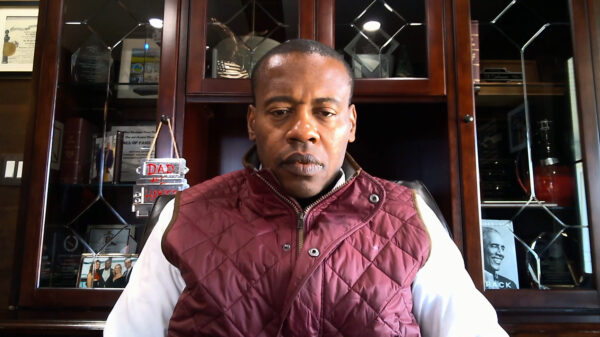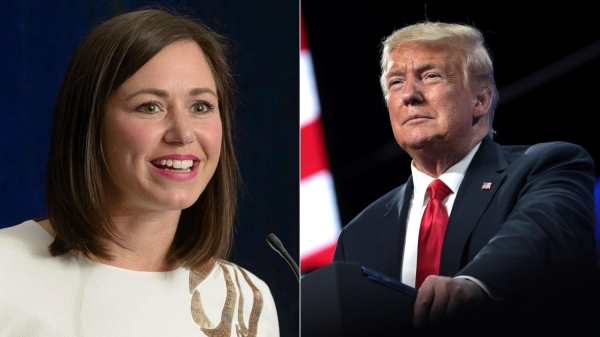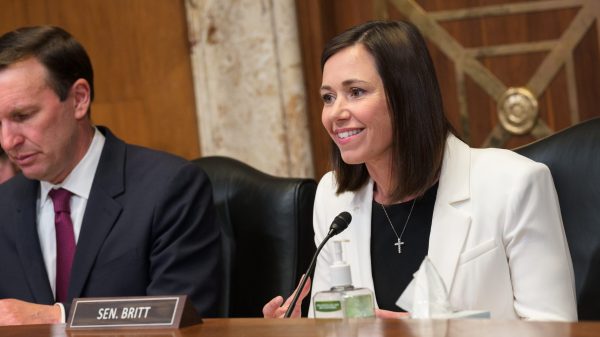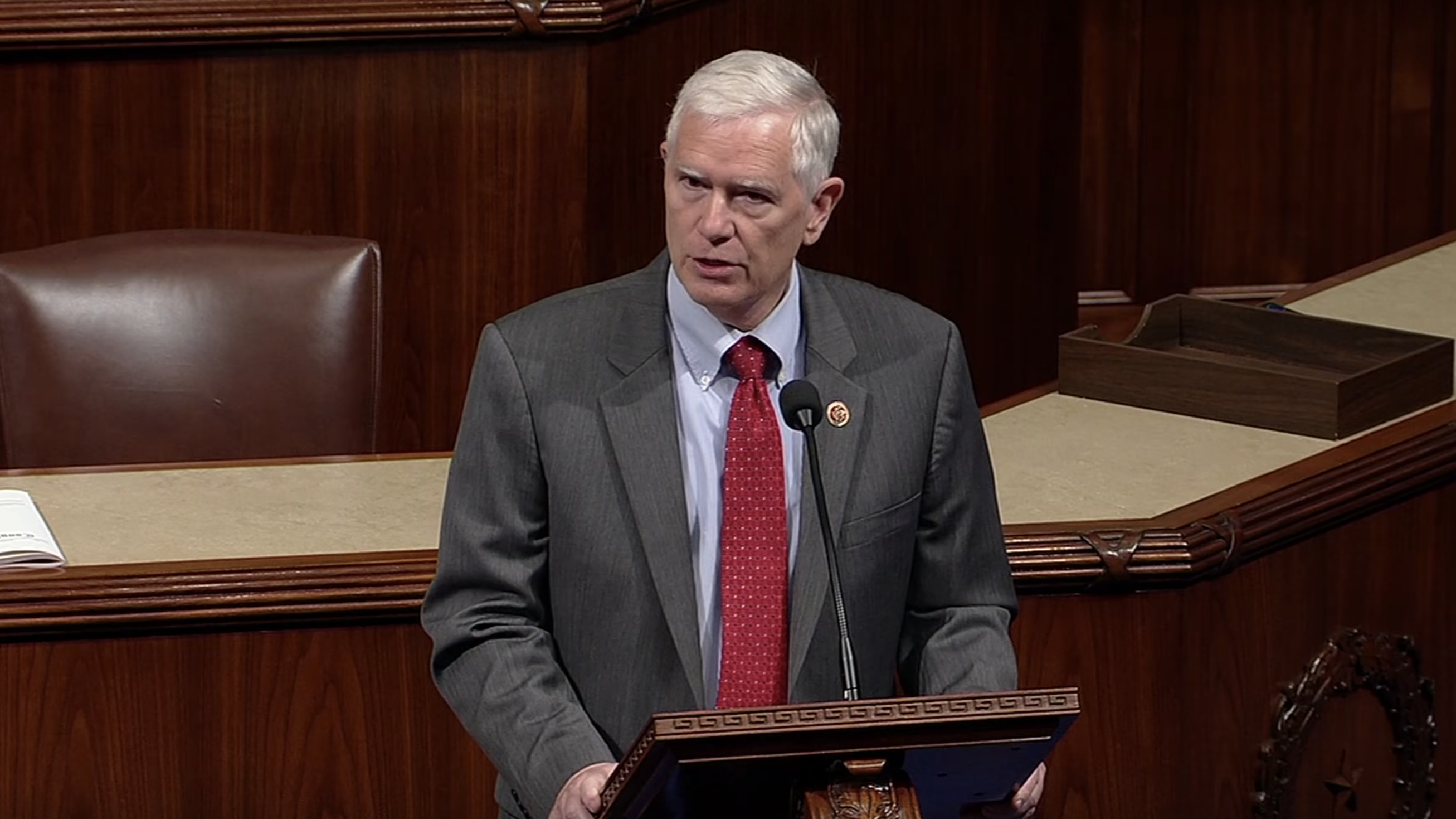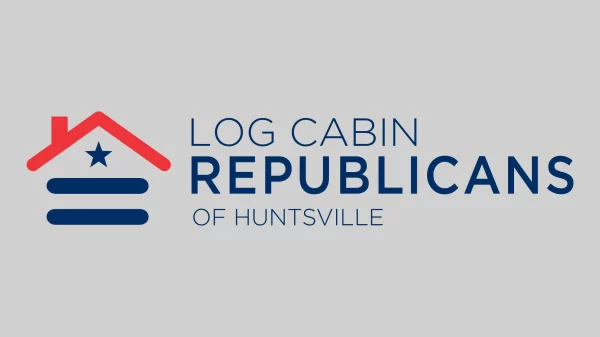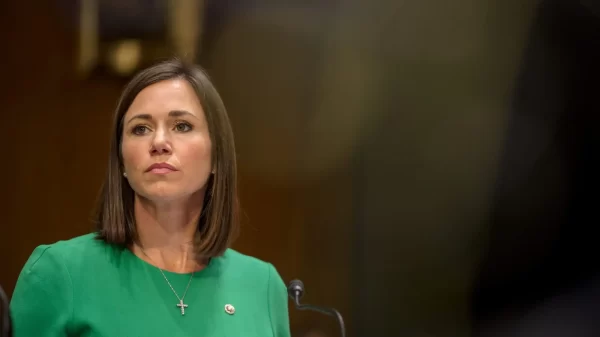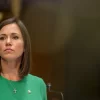Tuesday, Congressman Mo Brooks’, R-Huntsville, bipartisan amendment was approved by a committee.
The amendment passed a substitute to S. 141, the Space Weather Research and Forecasting Act by the House Science, Space, and Technology Committee in a voice vote.
Rep. Brooks partnered with Congressman Ed Perlmutter, D-Colorado, to offer this amendment, which replaces and Brooks says, “improves” the text of the Senate passed Space Weather Research and Forecasting Act.
Congressman Brooks said, “Thank you Mr. Chairman for bringing this legislation and the Perlmutter-Brooks amendment in the nature of a substitute up for committee consideration today. Space weather is an important issue because the consequences of a severe space weather event can be far-reaching and disastrous. The Perlmutter-Brooks amendment helps to establish a formal space weather observation and forecasting architecture that, hopefully, will help mitigate the harmful consequences of space weather to life and property on Earth and in space.”
“Space weather is a collection of physical processes, beginning at the Sun with solar winds and ultimately affecting human activities on Earth and in space,” Rep. Brooks said. “Solar winds and their interaction with Earth’s atmosphere are not as understood as they should be. Fortunately, numerous people and organizations are changing this. Scientists and engineers at Marshall Space Flight Center, in my district, have been at the forefront of this vital research for many years. Under the Perlmutter-Brooks amendment, their research will not only continue, but improve so as to help advance the nation’s space weather knowledge to where it needs to be.”
Brooks thanked Rep. Perlmutter, for his leadership on space weather and his partnership on this amendment.
The legislation designates the National Space Council and a new National Committee for Space Weather Observation and Forecasting with space weather research and forecasting responsibilities along with the academic community and the commercial sector.
“Space weather events can cause great damage to our infrastructure and our economy,” said Perlmutter. “Colorado’s research community and federal laboratories stand ready to enhance our understanding of space weather events and improve our forecasting abilities. This legislation will better coordinate federal research investments with our operational forecasters who provide warnings to those impacted by weather events and ensure our academic and commercial partners are working hand in hand to improve space weather forecasting.”
The legislation requires that the National Space Council establish national priorities for space weather within six months of enactment. It also requires the newly created National Committee for Space Weather Observation and Forecasting to develop a National Space Weather Plan within nine months of enactment to implement those national priorities and delineate appropriate roles among the federal agencies involved in space weather. The Office of Science and Technology Policy will be required to develop a National Space Weather Research Roadmap within one year of enactment to plan federal space weather research. Rep. Perlmutter’s office says that together these three tasks will encourage more collaboration between federal agencies, the academic community, and the commercial sector and build upon the National Space Weather Strategy and National Space Weather Action Plan released in 2015. The legislation also creates a pilot program for the purchase and validation of commercial sector space weather data to determine the ability of forecasters to incorporate this data into their models and forecasts. The bill encourages the sharing of information between the research community and operational forecasters to improve new technologies, models and forecasts.
“Given the growing national importance and reliance on technology, it is critical we expand our scientific understanding of the interactions between the sun and Earth so we can improve forecasting and mitigate the effects of space weather events,” said Congressman Perlmutter.
Lloyds of London estimates that a worst-case scenario space weather event could cost up to $2.6 trillion and impact as many as 40 million people by causing outages at electric utilities, disrupting GPS and communication networks and forcing airlines to reroute air traffic.
Congressman Mo Brooks represents Huntsville, which is the home of NASA’s Marshall Space Flight Center.









